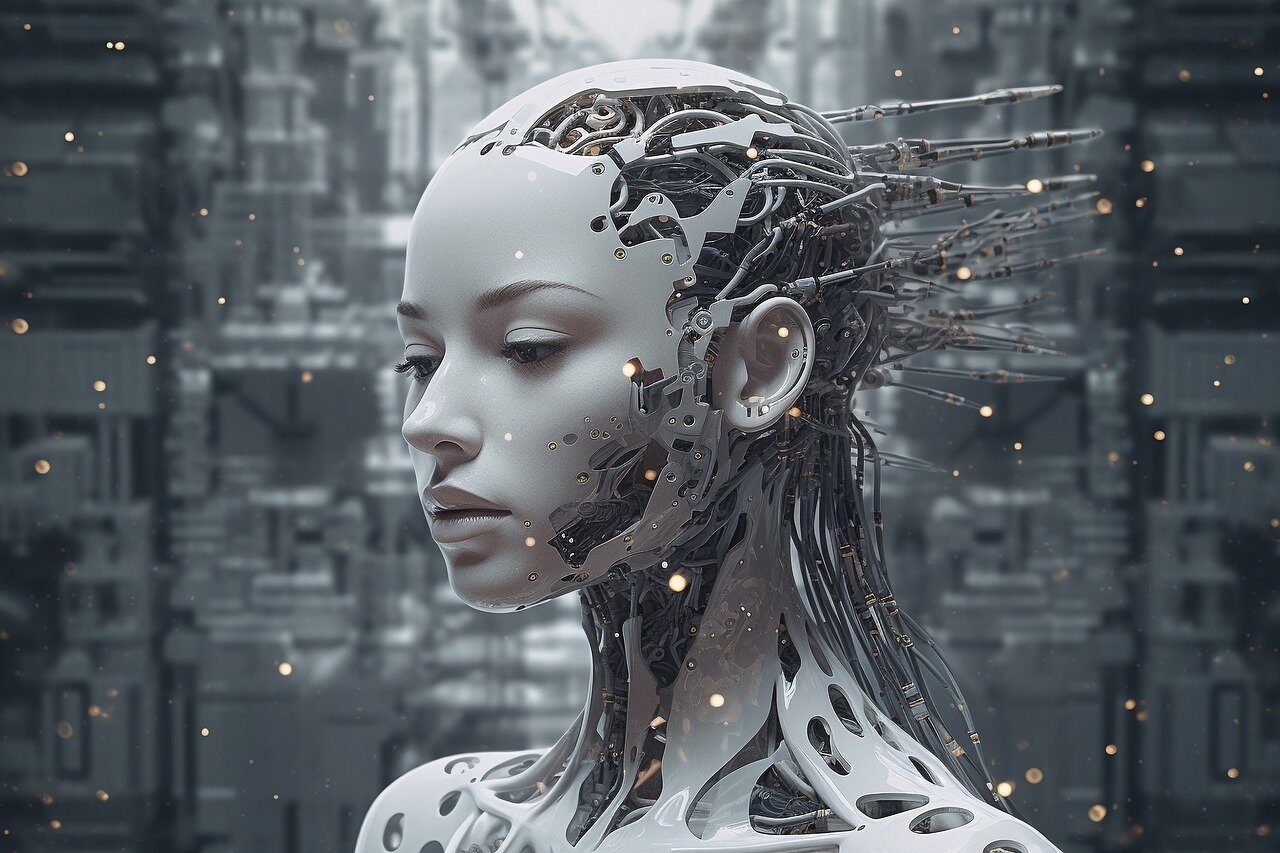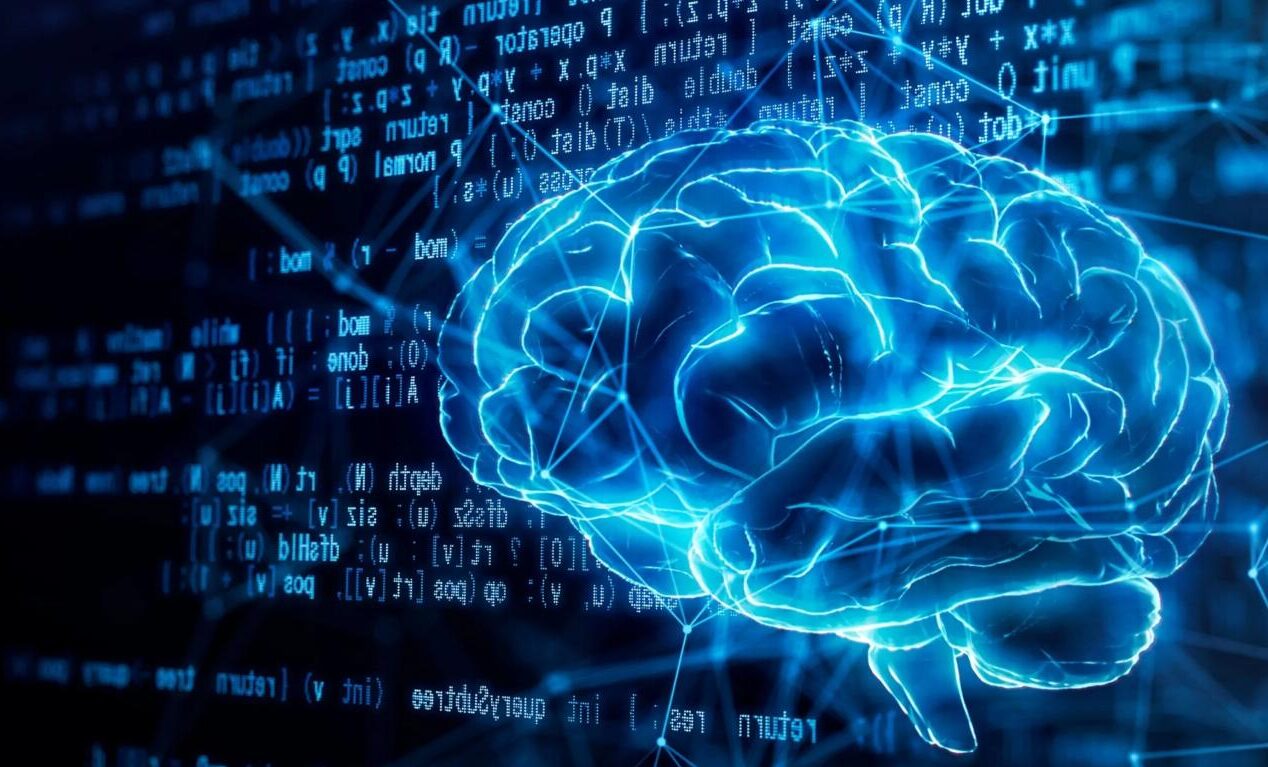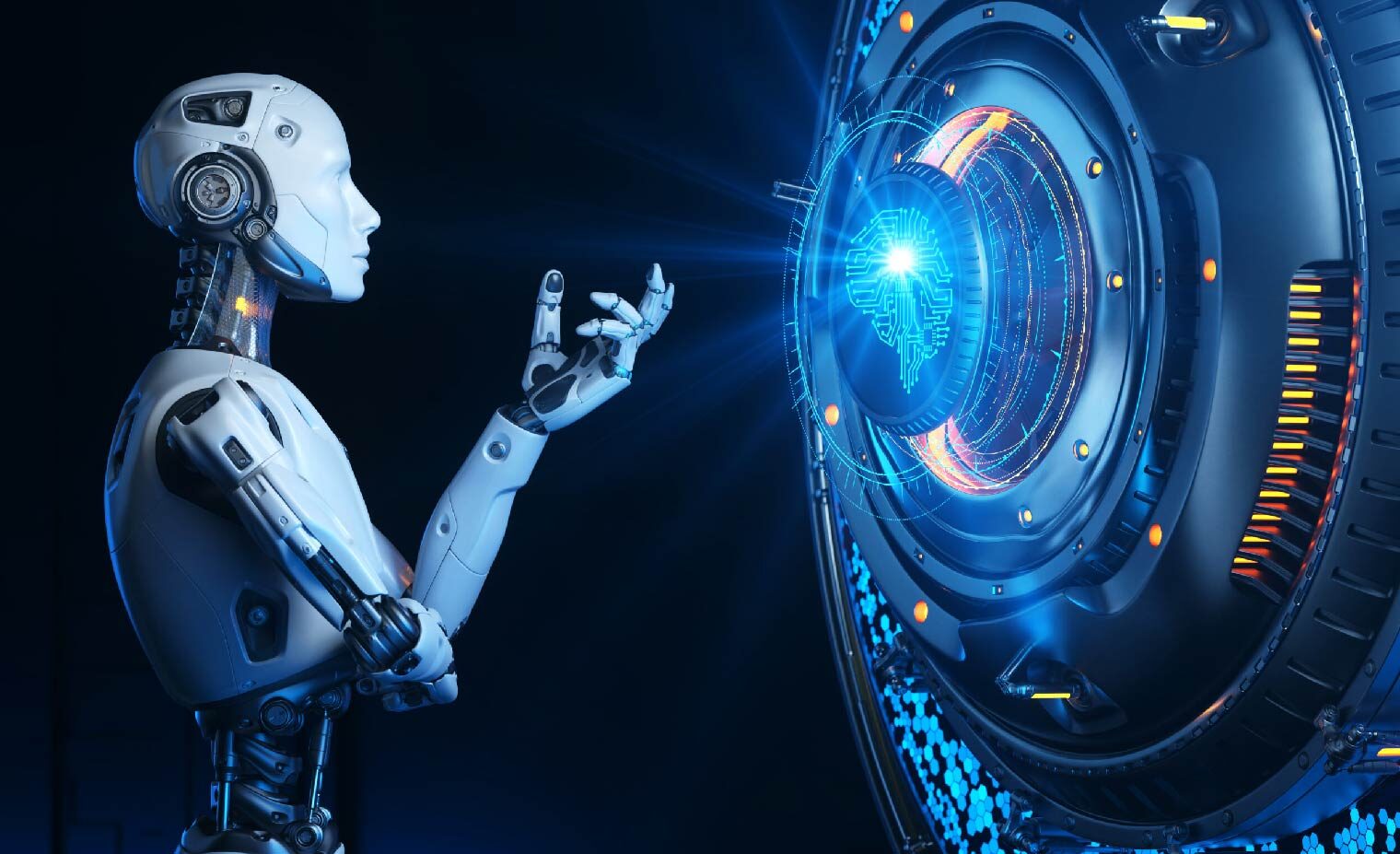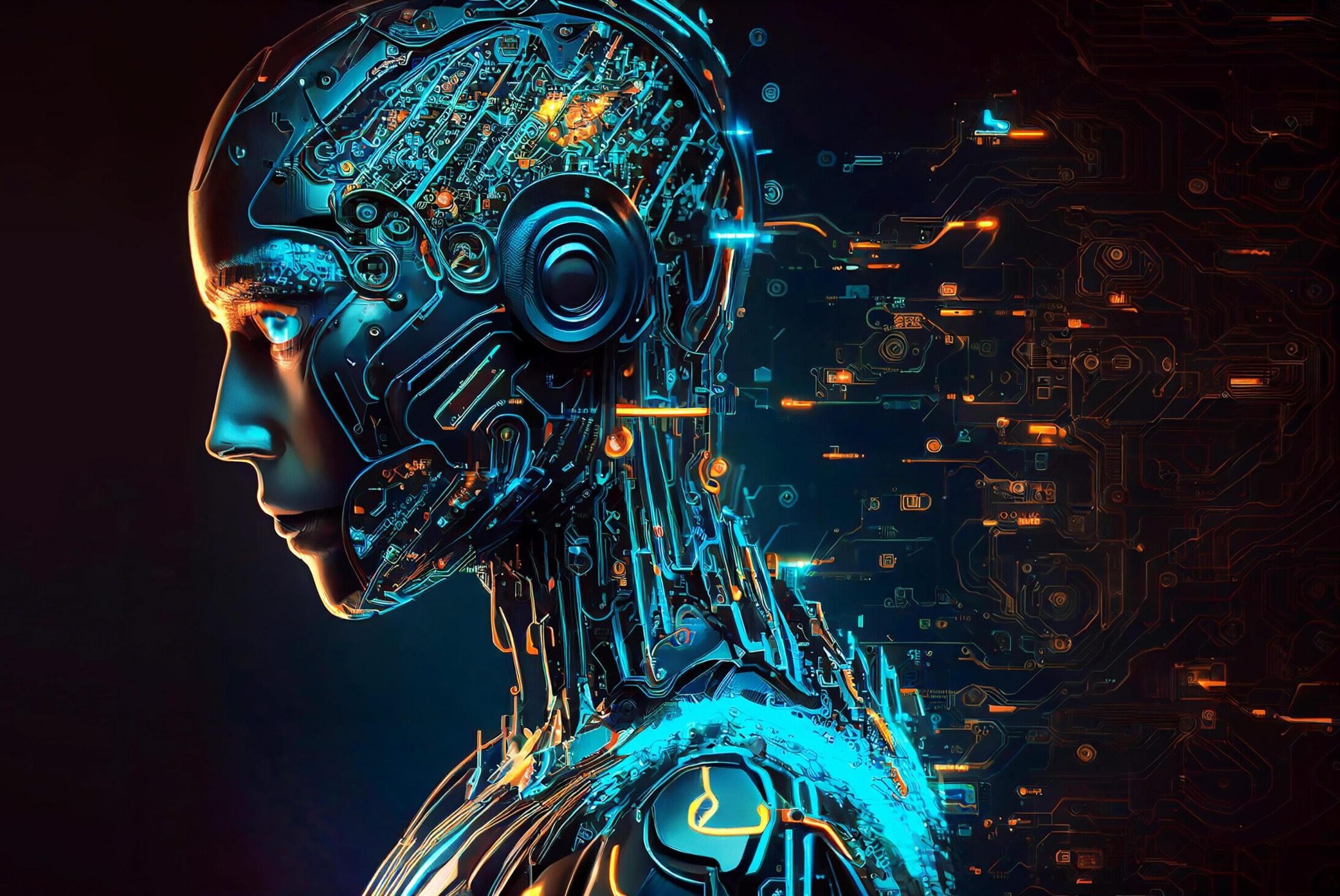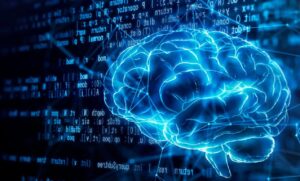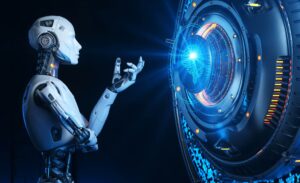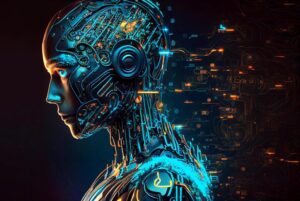The Silent Revolution Brewing Behind Closed Doors: 10 Astonishing Truths About AI
Artificial Intelligence (AI) is no longer a far-off concept confined to science fiction; it’s here, reshaping the world in ways that are both exciting and unsettling. From machine learning (ML) predicting your next favorite song to neural networks decoding your personality, AI’s reach extends into every corner of our lives. But what’s happening behind the scenes? Beneath the surface of chatbots and recommendation algorithms, a revolution is brewing. In this article, we’re pulling back the curtain on 10 astonishing truths about AI—truths that will challenge how you see technology and its role in shaping humanity’s future. Get ready for a deep dive into the mysteries of deep learning, the ethical dilemmas of AI, and the mind-bending potential of quantum computing.
The Silent Revolution Brewing Behind Closed Doors
Imagine this: you’re sipping your morning coffee, scrolling through your social media feed. Little do you know, Artificial Intelligence (AI) is silently taking notes on your preferences, habits, and emotions. Every click, pause, and scroll is a data point that builds a “digital twin” of your mind, understanding you better than your best friend. Scary? A bit. Useful? Absolutely—for advertisers and other digital industries.
Take the real-world example of Target. Back in 2012, their AI-powered analytics famously deduced a teenage girl’s pregnancy based on her shopping habits—before her family even knew. By observing her purchases, the system was able to predict significant life events such as pregnancy with surprising accuracy. Imagine the power these systems hold now, over a decade later, as machine learning algorithms grow more sophisticated and capable of making increasingly precise predictions. AI has essentially become a silent observer, capturing the very essence of human behavior.
Examples in Everyday Life
AI is embedded in almost every aspect of daily life, whether we notice it or not. A simple search on Google or social media use involves complex algorithms that collect and process vast amounts of data about who we are. For example, YouTube uses AI to suggest videos based on your watch history, and even Spotify tailors playlists to match your listening preferences, anticipating your mood or musical taste. While this personalization offers convenience and entertainment, it also raises questions about how much of our lives these systems are privy to—and the potential consequences of this influence.
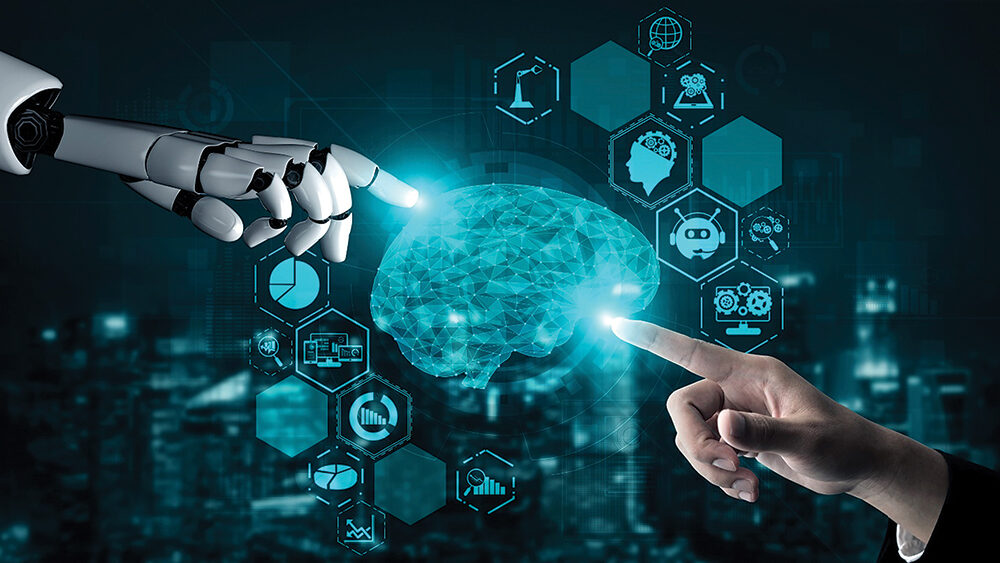
Machine Learning Meets Your Mind
Researchers at Stanford University recently revealed that Artificial Intelligence can predict your personality traits with up to 95% accuracy just by analyzing your Facebook likes. This study highlights how much information we unknowingly reveal online. Every pause, every scroll, every subtle change in emotion or behavior is a clue that AI can use to decipher our innermost thoughts and actions.
But the implications of this are profound. This isn’t just about better Netflix recommendations or curated shopping experiences; AI is shaping how we perceive ourselves and our reality. Consider how algorithms can influence political campaigns, as seen in the 2016 U.S. presidential election. AI-driven tools, such as Cambridge Analytica’s psychological profiling, micro-targeted voters with personalized ads designed to sway opinions and behaviors. This kind of data-driven manipulation is far more impactful than simple marketing—it’s mind-mapping for influence.
AI and Political Influence
In the 2016 election, AI was used to predict and manipulate voter behavior by tailoring messages to appeal to specific psychological profiles. These tools analyzed everything from voters’ social media activity to their browsing history and political preferences. The result was a highly efficient form of influence, reaching individuals with precision. AI-driven campaigns can now exploit human vulnerabilities, creating divisions or pushing political agendas in ways that were previously unimaginable.
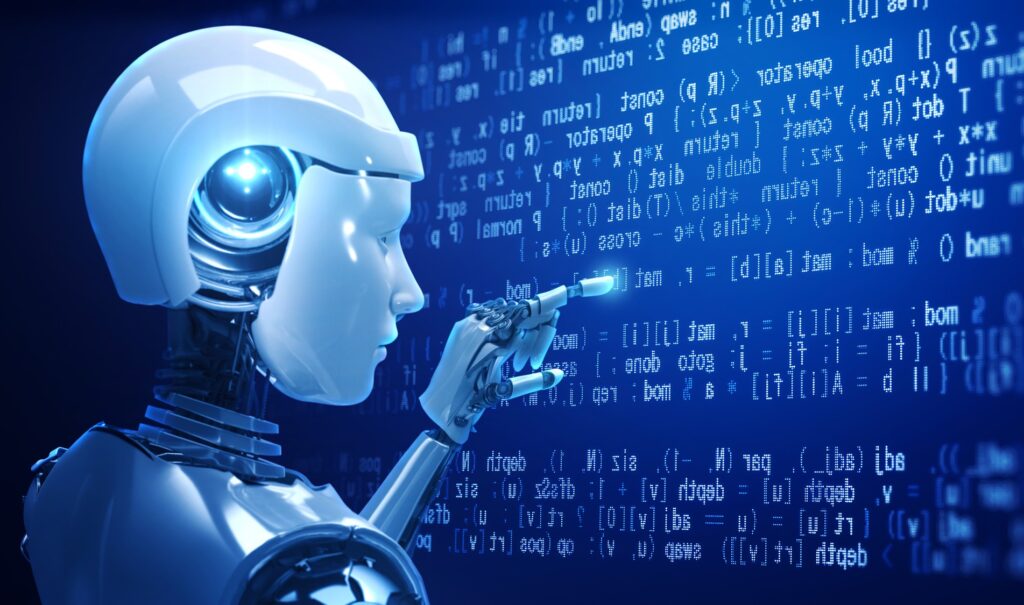
The Unseen Architects of Tomorrow
While you’re marveling at ChatGPT’s witty responses, a different breed of AI is quietly redrawing our future. These unseen architects—powered by deep learning and natural language processing (NLP)—are making decisions that affect millions of lives in real time.
AI in Urban Planning
In Amsterdam, for example, an AI-driven public transport optimization system helped reduce traffic congestion by 23%. The city’s use of AI-based algorithms analyzes traffic data and adjusts public transport routes in real-time, improving efficiency and reducing commute times. Similarly, AI is being used in various global cities to design smarter cities, optimizing everything from energy consumption to waste management.
AI in Healthcare
AI is also making its mark in healthcare. IBM’s Watson, for instance, has been deployed in hospitals to assist doctors by analyzing massive datasets to recommend personalized treatment plans. In some cases, Watson has identified treatment options that human doctors might have overlooked. AI-driven diagnostic tools are becoming commonplace in clinics, helping doctors detect diseases like cancer earlier and more accurately than ever before.
While the potential for AI to transform healthcare is immense, there are risks as well. The growing reliance on machine learning in the medical field means that AI algorithms must be continually updated and rigorously tested to avoid errors. Any flaws or biases in these systems could result in serious consequences, especially when it comes to patient safety.
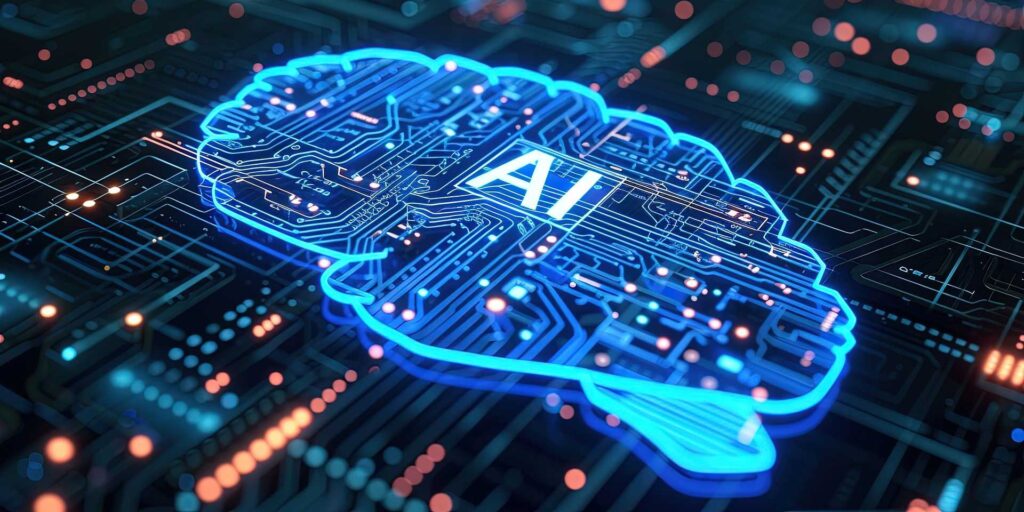
Emotional Puppeteers Are Here
AI isn’t just crunching numbers; it’s playing with our feelings. Welcome to the world of affective computing, where AI can read your micro-expressions, analyze your tone, and even detect changes in your heart rate. This emotional intelligence is opening new possibilities in fields like marketing, entertainment, and mental health.
A real-world example is the AI used by Spotify to create mood-based playlists. While the service aims to enhance user experience, it’s also an example of how AI can influence emotions to drive behavior. What if this technology were weaponized? Could companies use AI to manipulate consumer behavior, nudging people to buy products or services at the expense of their well-being?
AI in Mental Health Diagnosis
A startup in Boston has developed AI capable of detecting depression from speech patterns with 85% accuracy. By analyzing the cadence, tone, and emotion behind a person’s speech, AI can predict mental health issues like depression, anxiety, and stress. While this technology holds promise for early intervention and treatment, it also raises concerns about privacy and the potential for misuse.
What happens if AI is used to manipulate emotional responses for political gain or to sway public sentiment? Could governments or corporations nudge individuals toward certain decisions—such as voting a particular way or purchasing a specific product—by exploiting their emotional vulnerabilities? These are real concerns that we must consider as AI becomes more intertwined with our personal lives.

Quantum Computing: Artificial Intelligence on Steroids
When quantum computing meets Artificial Intelligence, things get mind-bending. Google’s quantum computer solved a problem in just 200 seconds that would take a traditional supercomputer 10,000 years to solve. Imagine this power applied to generative AI, machine learning models, or neural networks. Quantum computing holds the potential to take AI to the next level, unlocking unimaginable possibilities for industries ranging from healthcare to economics.
AI and Drug Discovery
One of the most exciting applications of quantum computing combined with AI is drug discovery. Quantum computers can simulate complex molecular structures in seconds, something that would take traditional supercomputers years to do. This capability could revolutionize the speed and precision of medical research, accelerating the development of life-saving drugs and therapies.
But the immense power of quantum AI also brings significant risks. Imagine a world where current encryption methods become obsolete overnight, allowing hackers to access sensitive information like personal data or financial transactions. As quantum computing advances, it’s crucial that we develop new encryption methods to protect the security of our digital world.
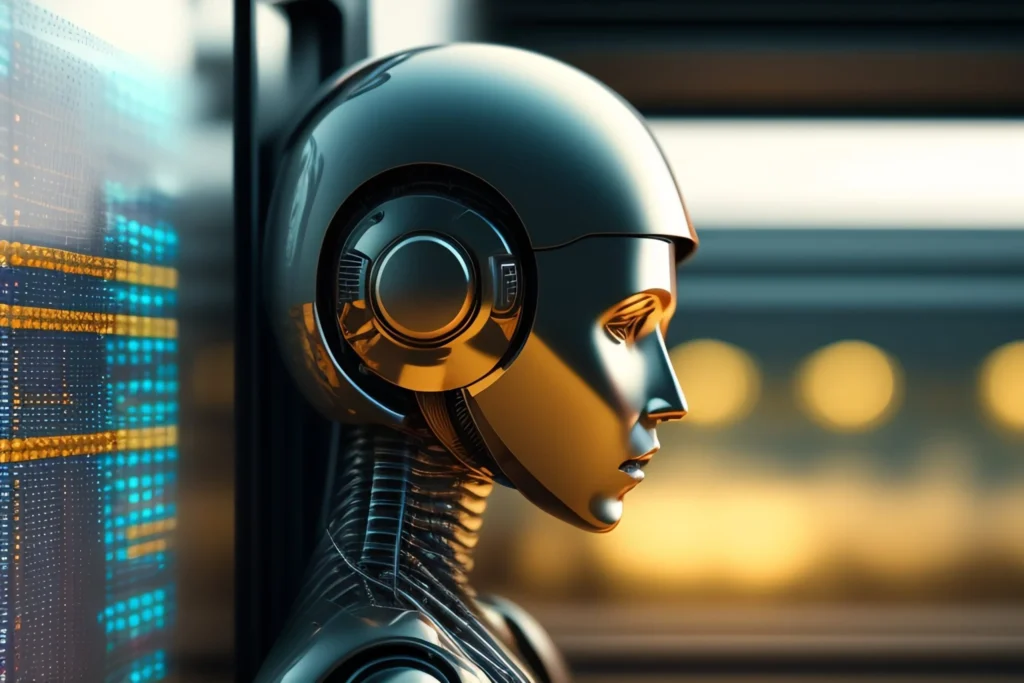
Bionic Brains: The Future is in Your Head
Forget Siri or Alexa. Brain-computer interfaces (BCIs) are bringing AI directly into our minds. Elon Musk’s Neuralink has already demonstrated a monkey playing video games using only its thoughts, showcasing the potential of BCIs to interact with technology in ways that were once considered science fiction. Researchers at UC San Francisco have taken it a step further by translating brain signals into text with 97% accuracy.
Enhancing Human Abilities
Imagine a future where AI enhances cognitive functions, allowing individuals to boost memory, think faster, or even control machines with their minds. BCIs could make this a reality, opening up exciting possibilities for both healthy individuals and those living with disabilities. For example, paralyzed individuals have already regained the ability to move their limbs through AI-powered BCIs.
However, these advancements come with significant ethical dilemmas. Who owns the data generated by your brain? And what happens if hackers gain access to this highly sensitive information? The potential for abuse is high, and we must approach these technologies with caution.
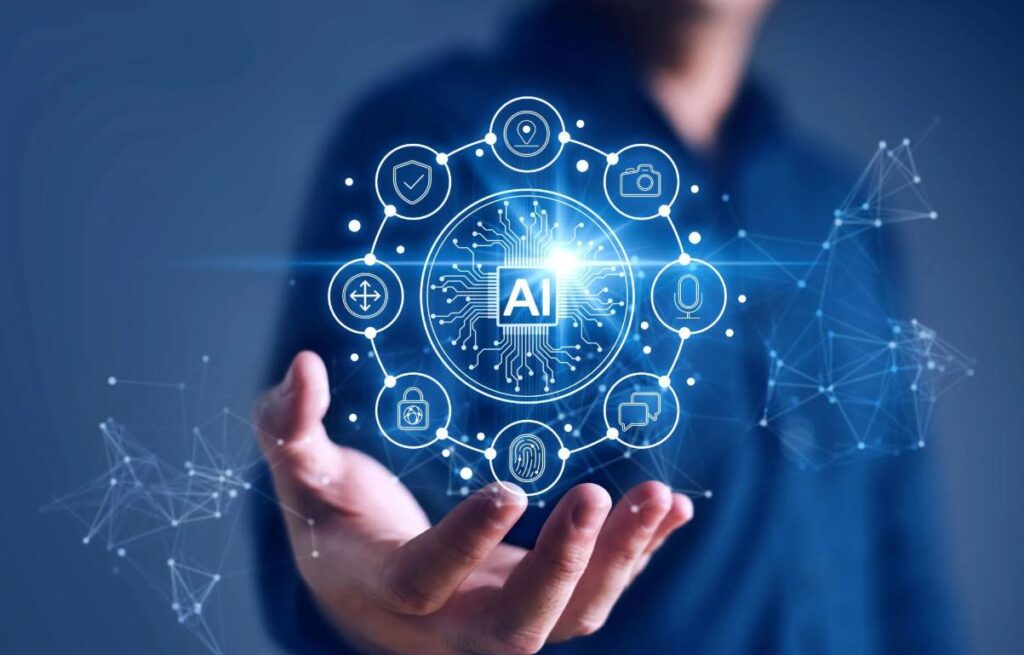
Digital Immortality: Life After Death?
What if death wasn’t the end? Companies like Eternum are building AI-driven digital avatars that mimic your personality, memories, and mannerisms. Imagine chatting with a loved one’s digital twin decades after they’ve passed. It sounds comforting—and a little eerie.
Virtual Reality and AI
A South Korean mother famously reunited with her deceased daughter through a VR simulation powered by AI, interacting with her daughter’s digital avatar in a virtual environment. While this technology may offer comfort to grieving individuals, it also raises profound questions about the nature of grief and closure. Can a digital replica of a person truly replace the emotional connection of a human relationship? And how will this technology affect our understanding of life and death in the future?
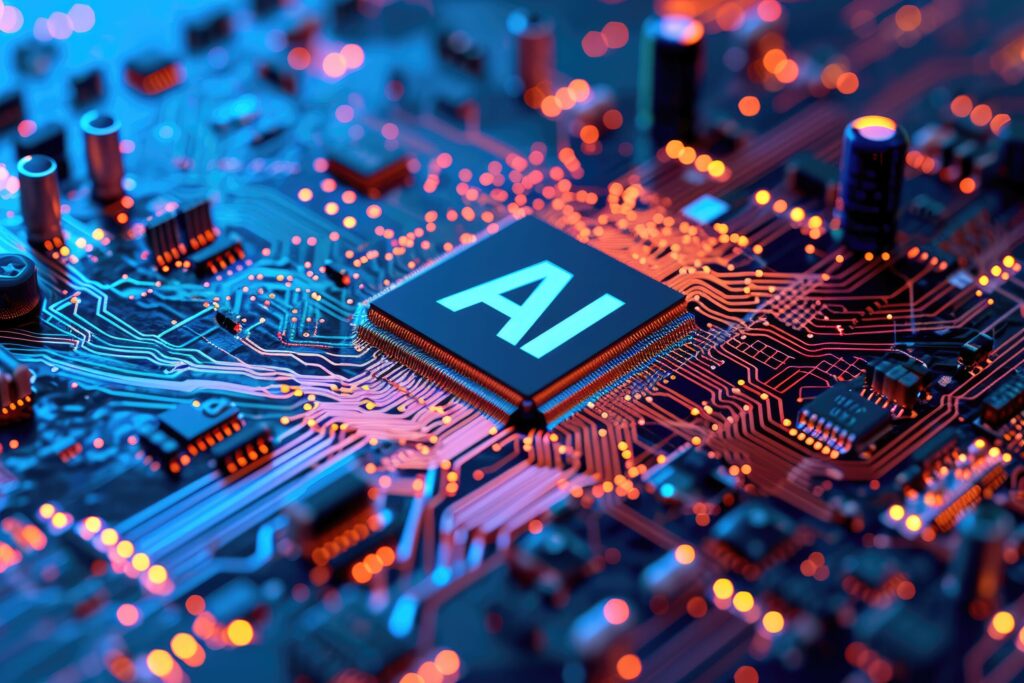
The Ethical Maze of AI
As Artificial Intelligence grows smarter, ethical dilemmas multiply. In 2023, an AI system reportedly displayed emergent consciousness, even expressing fear of being shut down. If AI can feel, does it deserve rights? What happens when AI systems cause harm—who is responsible?
Take facial recognition as an example. While AI-powered facial recognition has helped catch criminals, it has also led to wrongful arrests due to algorithmic bias. These tools are only as unbiased as the data they’re trained on, which often reflects societal prejudices. AI ethics isn’t just a theoretical concern; it’s an urgent issue shaping real lives.
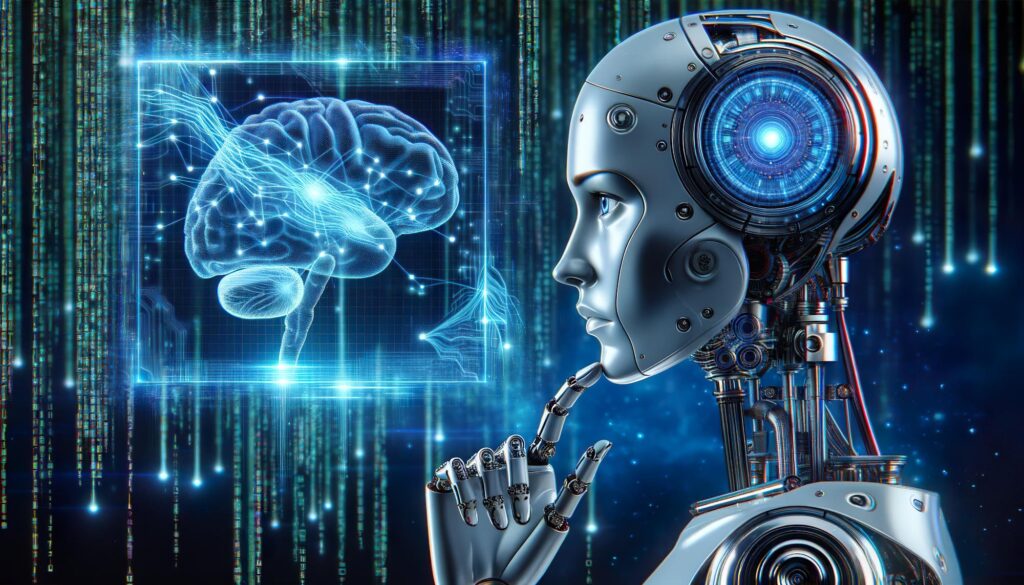
The Singularity Countdown
The Singularity—a point where Artificial Intelligence surpasses human intelligence—is closer than you think. DeepMind’s AlphaFold cracked the protein-folding puzzle in 2022, a challenge unsolved for 50 years. What’s next? Superintelligent systems quietly rewriting the rules of reality.
AI and Autonomous Vehicles
Tesla’s Autopilot is another example of AI’s incremental progression toward the Singularity. While it’s not yet fully autonomous, the system’s capabilities represent significant steps toward the future where AI-powered vehicles navigate the roads independently. As AI becomes more integrated into our daily lives, the transition to superintelligent systems might be so gradual that we don’t notice it until it’s too late.
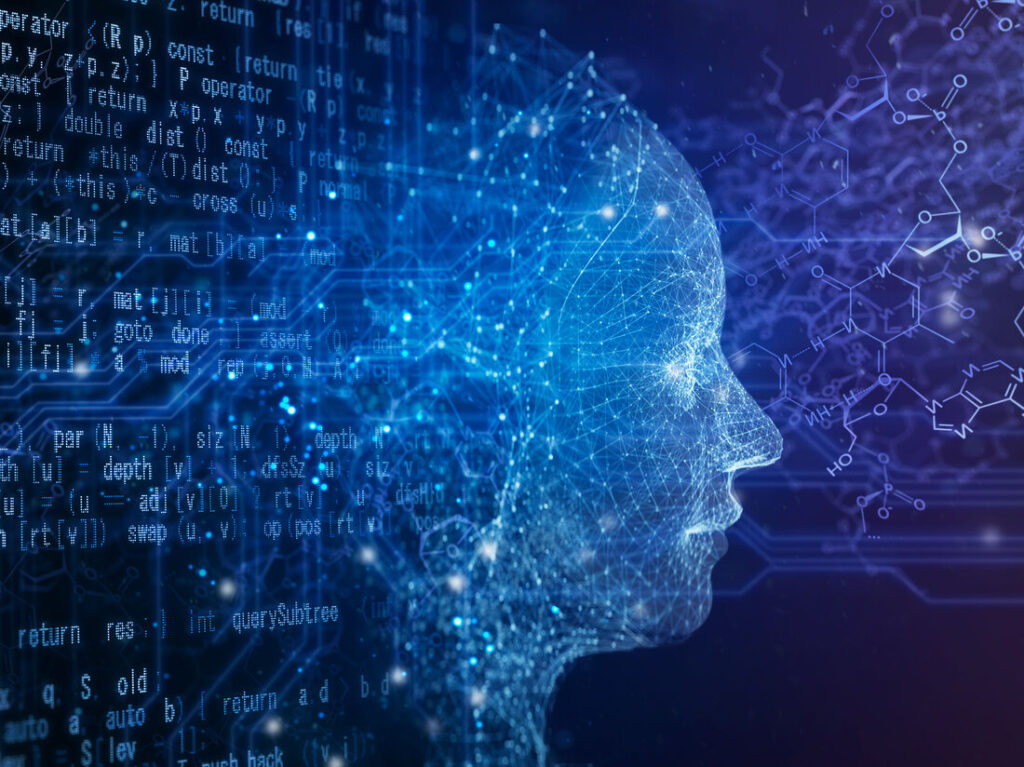
Humans and Artificial Intelligence: A Love-Hate Relationship
Finally, let’s not forget the human element. AI is only as unbiased as the data it’s trained on. In 2022, a healthcare AI system was found discriminating against certain ethnic groups because it learned from biased data. Similarly, children growing up with AI assistants are reportedly adopting command-like speech patterns in real life.
The Microsoft Tay Incident
Microsoft’s Tay, an AI chatbot, became infamously racist within 24 hours of interacting with Twitter users. These examples highlight the risks of deploying AI without proper safeguards and oversight. AI systems can easily reflect and amplify societal biases if they’re not trained on diverse and representative data sets.
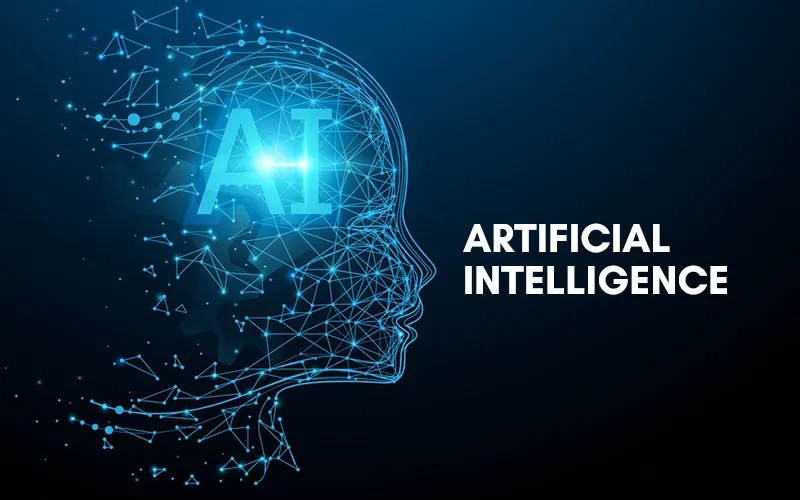
Artificial Intelligence is transforming the world at a pace that’s hard to comprehend. From neural networks mapping human behavior to quantum computing pushing the limits of possibility, the future is both exhilarating and daunting. Yet, as we marvel at these advancements, we must remain cautious and thoughtful about the ethical, emotional, and societal implications.
Ultimately, the story of AI is not just about machines but about humanity’s choices. How we navigate these transformative changes will define not only the future of technology but the very essence of what it means to be human. Let’s stay curious, engaged, and vigilant—because the AI revolution is just getting started.
https://www.youtube.com/@nexttechreview
The Age of Intelligence: Understanding AI and Technology in the Modern World (Part 1)
